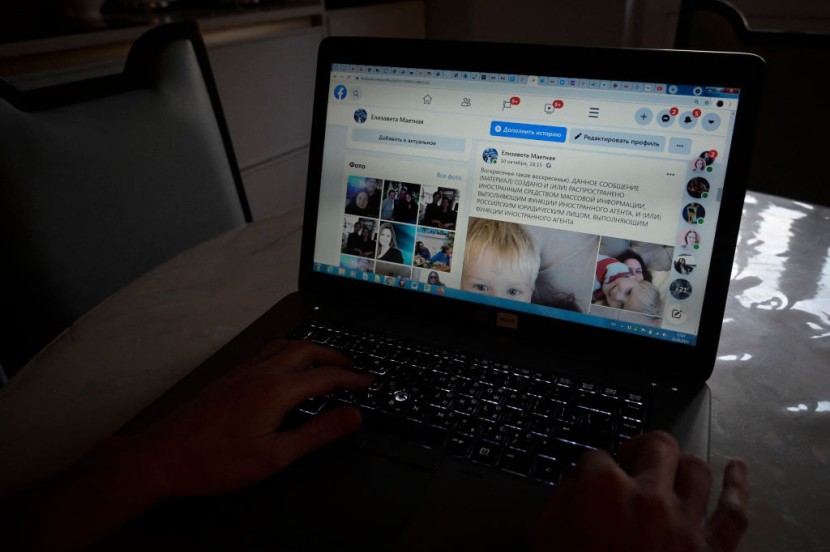
Should you really organize your online accounts before you die? Unfortunately, yes.
If you are about to die *knock on wood* you should ensure that your trusted relatives and loved ones can access your online accounts.
There are numerous reasons why you should do this. Now, here are the steps you need to follow in order for you to organize your online accounts in case you are about to die.
Why Organizing Your Online Accounts is Important Before Dying
When online users die and their accounts are not properly managed, their families, relatives, and loved ones will not be able to access their profiles.
There's also a chance that scammers will try to hack their online accounts to fool those who are unaware of their passing.
These are just some of the reasons why you need to make sure that your digital life is prepared before you go into the afterlife.
Luckily, The Guardian provides numerous methods you can follow to organize your social media and other online accounts before dying:
- List all your basic online account details, such as username, account name, website, account ID, etc. You can either write this on a secured piece of paper or just disclose it to your trusted life insurance.
- Another option would be appointing someone in your family as a digital executor, who will be the one responsible for closing, managing, and memorializing your online accounts.
- You can also rely on online storage providers, such as MyWishes and Biscuit Tin. These services will offer a secure online vault for your digital wishes and wills. Only those you appointed can access them once you die.
Facebook, Twitter, and Instagram

The tips provided above are basic methods you can rely on to organize your online accounts before dying. If you are an avid user of Twitter, Instagram, and Facebook, then here are the specific steps you can do, as provided by PC Mag:
If Twitter users die, the social media platform (now called X) will only verify immediate family members or other people who are authorized to handle the accounts of the deceased users. They will be required to provide their IDs, as well as a copy of the deceased's death certificate.
Just like Twitter, Instagram will also verify the deceased's immediate family members and other people they authorized when they were still living. This means that they also need to provide proof of death, a link to an obituary or news articles, and other things that can prove that the IG user passed away.
Unlike Instagram and Twitter, Facebook has its own "Legacy Contact" feature. Users can manage their FB accounts using this tool before they die. Those included in the Legacy Contact will be able to look after the deceased's online records, such as cover photos, friend requests, pinned posts, etc.
© 2025 HNGN, All rights reserved. Do not reproduce without permission.








